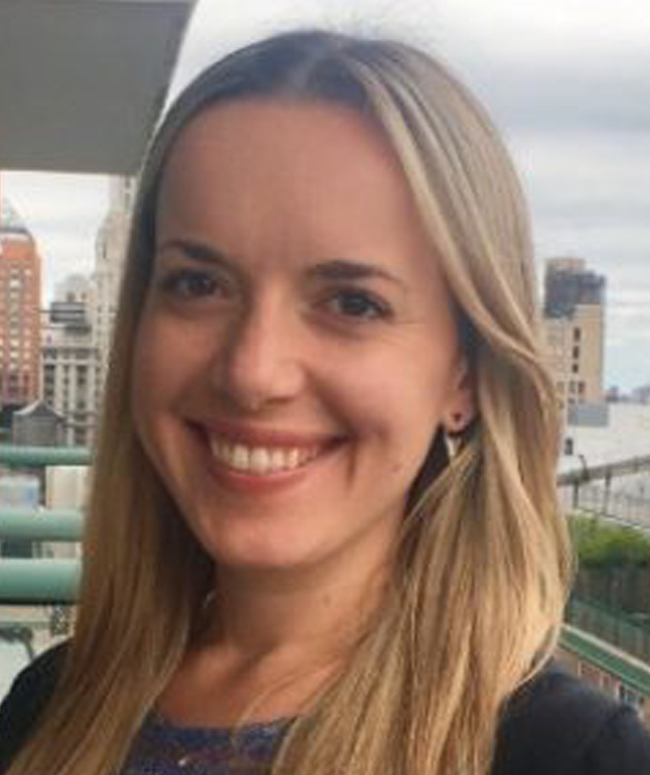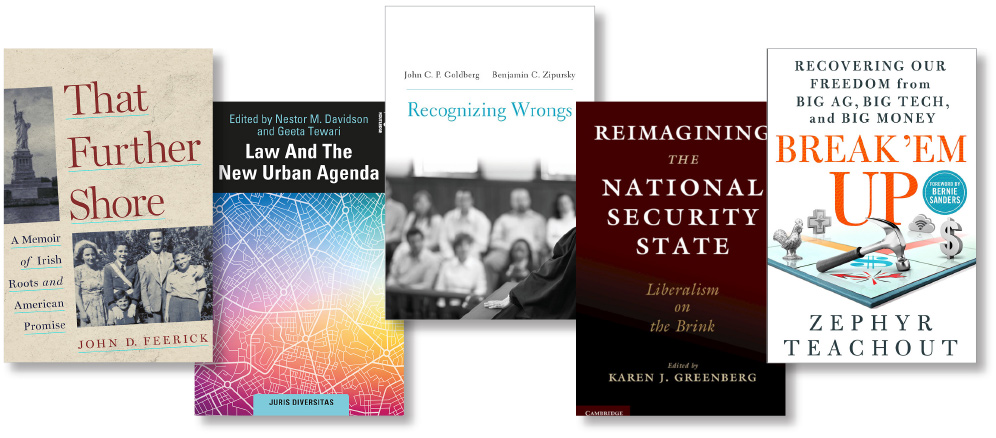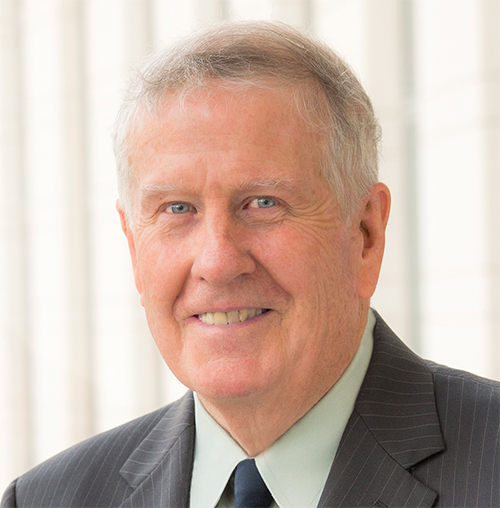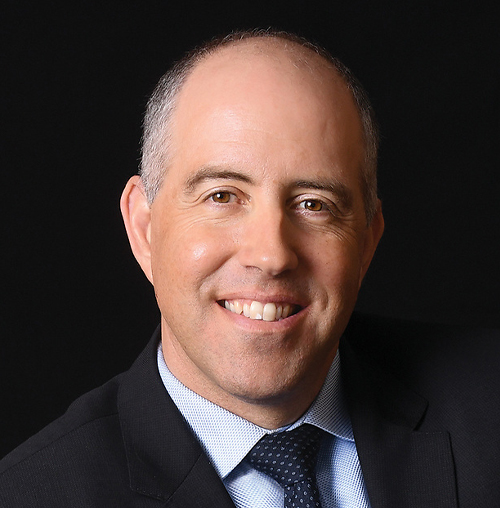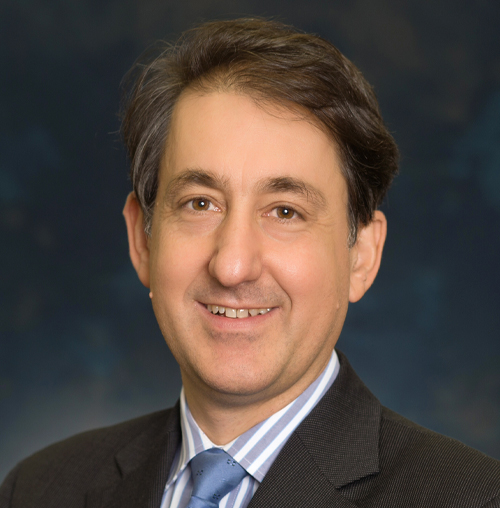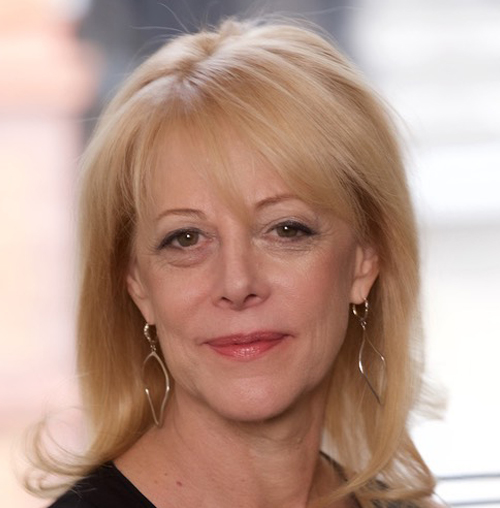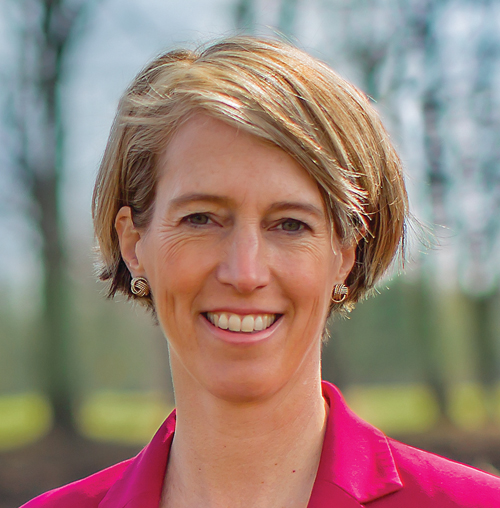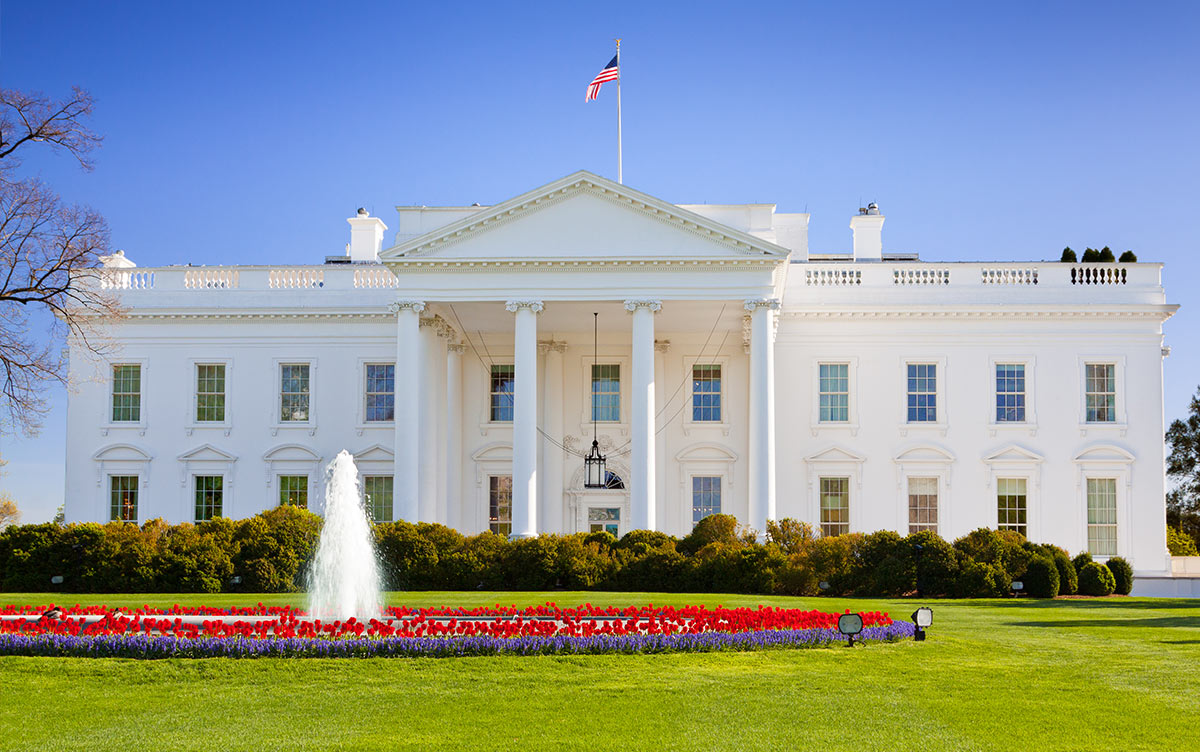
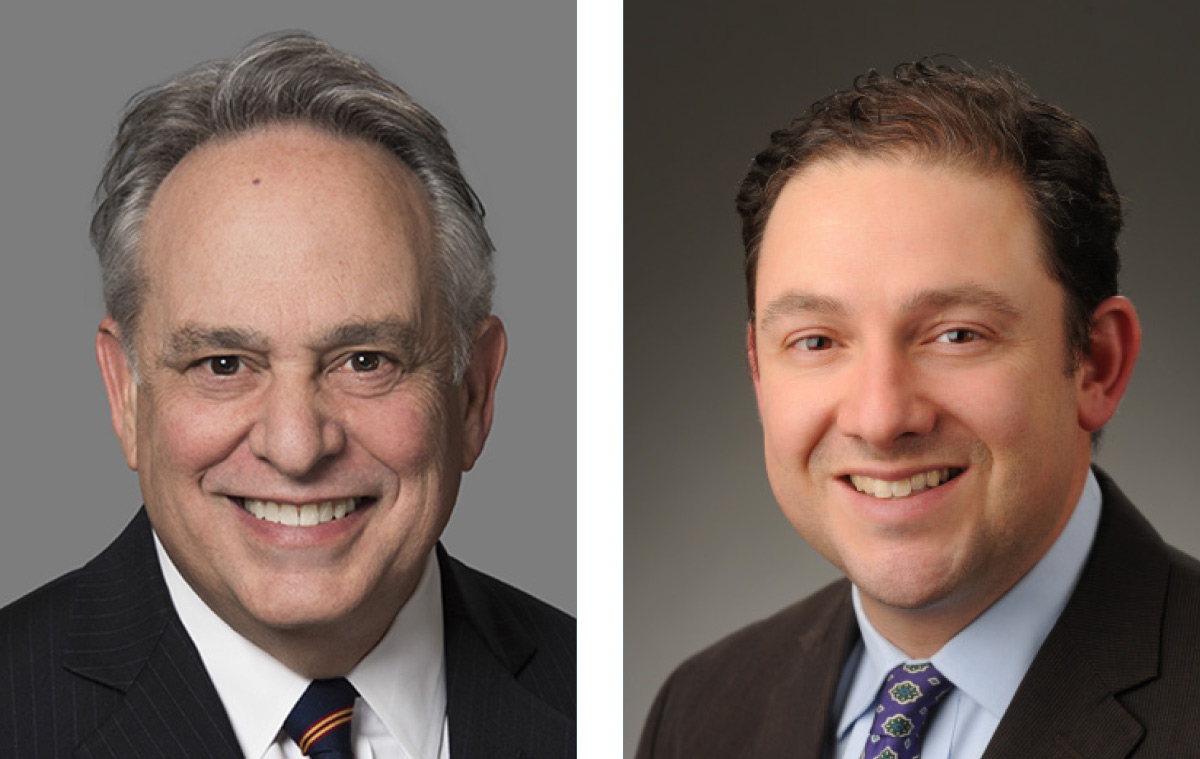
The New York State Bar Association announced in September that Professors Jerry Goldfeder and Jed Shugerman have been named to a new task force of legal scholars to advise attorneys, journalists, and members of the public on issues related to the upcoming 2020 presidential election. The task force is focused on constitutional and statutory provisions that govern the election process and potential court challenges over the election results that might arise, as well as the expected surge of mail-in ballots due to the ongoing coronavirus pandemic.
Goldfeder, who was appointed chair, explained that the task force will issue reports to translate convoluted and complicated legal matters in layman’s terms and provide nonpartisan legal analysis for members of the media.
“We believe that an informed public facilitates an orderly election,” said Goldfeder. “I am very pleased that some of New York’s most preeminent election law scholars have agreed to serve on this task force to help the public understand the electoral process, and the media to report it accurately.”
Hear Professor Goldfeder break down election law each week leading up to the November 3 vote on WFUV’s Election Connection podcast.

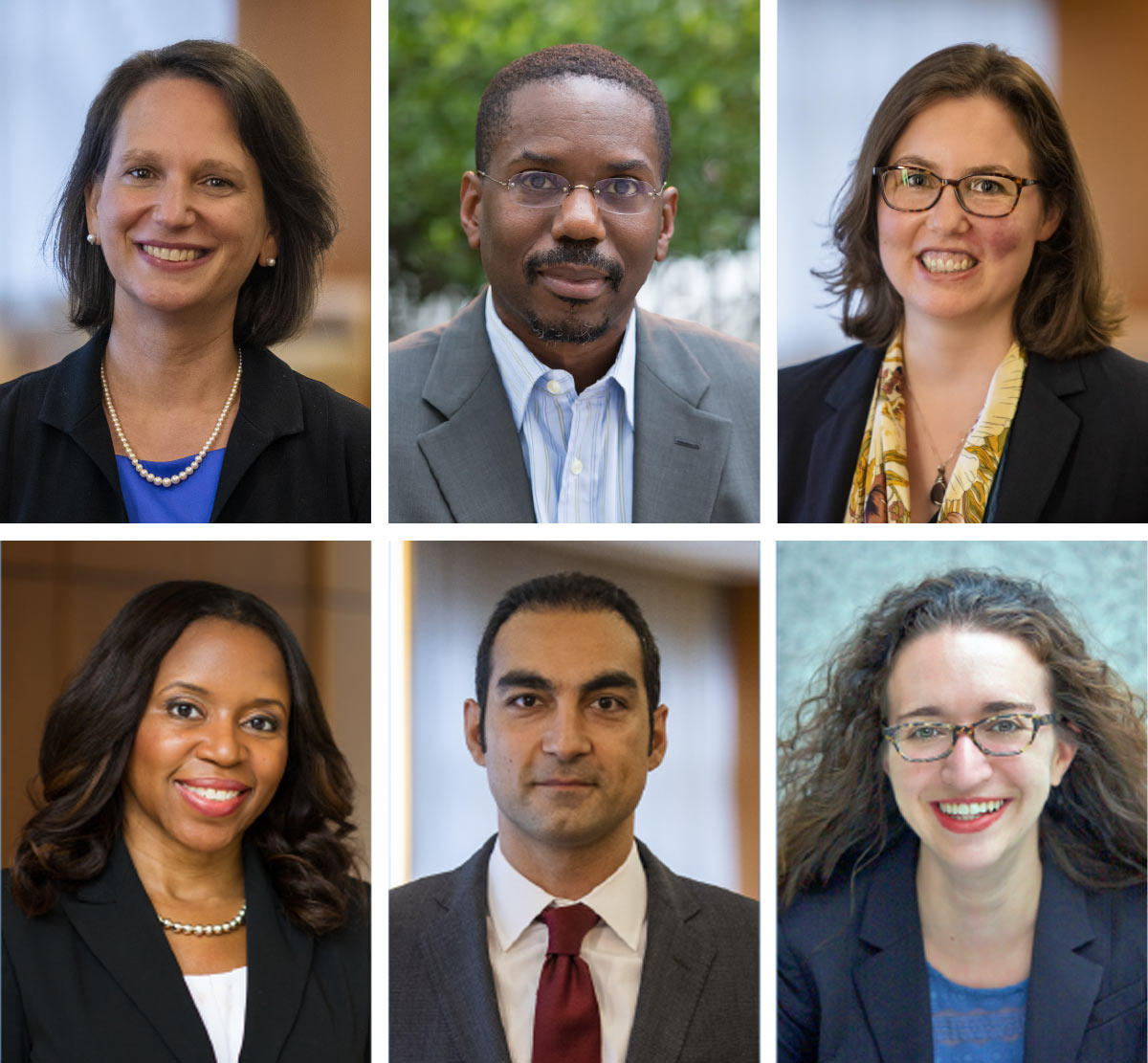
Associate Professor Pamela Bookman comes to the Law School from Temple University Beasley School of Law, where she was an assistant professor. Before that, Bookman was counsel in the New York office of Wilmer Cutler Pickering Hale & Dorr LLP, where she advised clients on complex commercial business disputes and international litigation. At Fordham Law, she is focusing on civil procedure, contracts, international litigation and arbitration, and conflict of laws. She clerked for Judge Robert D. Sack of the United States Court of Appeals for the Second Circuit, President Rosalyn Higgins and Judge Thomas Buergenthal of the International Court of Justice, and Justice Ruth Bader Ginsburg of the United States Supreme Court.
Professor Bennett Capers serves as the director of the Center on Race, Law and Justice, in addition to teaching. “I’m especially excited about taking the helm of the Center,” said Professor Capers, who comes to Fordham from Brooklyn Law School where he taught evidence, criminal procedure, and criminal law. Governor Cuomo has twice appointed him to serve on judicial screening committees, and in 2013, Capers was Chair of the Academic Advisory Council to assist in implementing the remedial order in the stop-and-frisk class action Floyd v. City of New York. He also spent nearly 10 years as an assistant U.S. attorney in the Southern District of New York; practiced with the firms of Cleary, Gottlieb, Steen & Hamilton and Willkie Farr & Gallagher; and clerked for the Hon. John S. Martin, Jr. of the Southern District of New York. “I was a visiting professor at Fordham Law School years ago, so joining the faculty now really feels like coming home,” Capers says.
Associate Professor Courtney Cox joins the Law School from Ropes & Gray LLP, where she was an intellectual property litigator. Her research and teaching focuses on law and philosophy, intellectual property, property and torts law, with an emphasis on technology, time, and risk. Cox clerked for former Chief Judge Sandra L. Lynch of the United States Court of Appeals for the First Circuit. Cox previously taught philosophy as a lecturer at Oxford’s Hertford College and was a Yale Fox Fellow at Fudan University in Shanghai.
Associate Clinical Professor Bernice Grant is the founding director of the Entrepreneurial Law Clinic and the senior director of the Entrepreneurial Law Program. She teaches students how to provide transactional legal services, using an integrated law and business perspective informed by her background as a corporate attorney and certified public accountant. In 2018, Grant created the Startup LAWnchpad Podcast, which educates entrepreneurs about legal issues affecting start-up ventures. Prior to Fordham Law, she was a clinical supervisor and lecturer in the Entrepreneurship Legal Clinic at the University of Pennsylvania Carey Law School and was an acting assistant professor and associate director of the lawyering program at New York University School of Law. Grant began her legal career as a corporate associate at Davis Polk & Wardwell LLP, where she advised clients on a wide range of complex corporate transactions and executive compensation matters for seven years. She also maintained a pro bono practice, advising entrepreneurs and artists on legal issues.
Associate Professor Sepehr Shahshahani focuses on procedure and intellectual property, with an emphasis on the application of formal and quantitative methods. Shahshahani clerked for Judge Ronald Lee Gilman of the U.S. Court of Appeals for the Sixth Circuit and Judge William E. Smith of the U.S. District Court for the District of Rhode Island. He was also a litigation associate at Paul, Weiss, Rifkind, Wharton & Garrison LLP.
Associate Professor Maggie Wittlin was an assistant professor at the University of Nebraska School of Law, where she was twice voted 1L Professor of the Year. Wittlin was previously an associate in law at Columbia Law School and also practiced at Patterson Belknap Webb & Tyler LLP, focusing on patent litigation. She clerked for the Honorable Raymond J. Lohier, Jr. of the U.S. Court of Appeals for the Second Circuit and the Honorable Robert N. Chatigny of the U.S. District Court for the District of Connecticut. “I can’t think of a better place [than Fordham] to write about proof and decision-making,” she says.
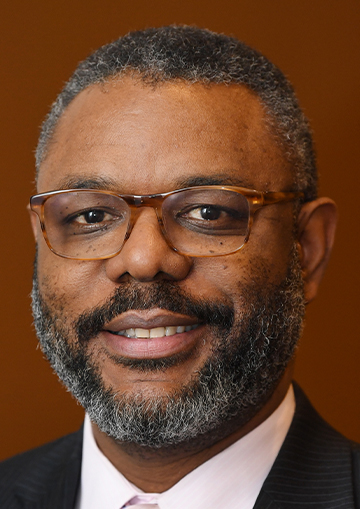
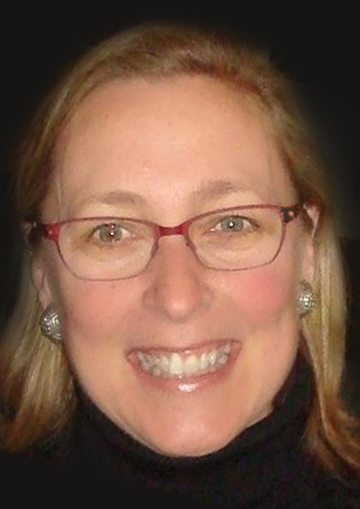
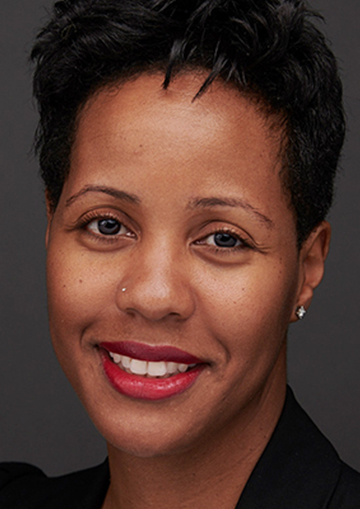
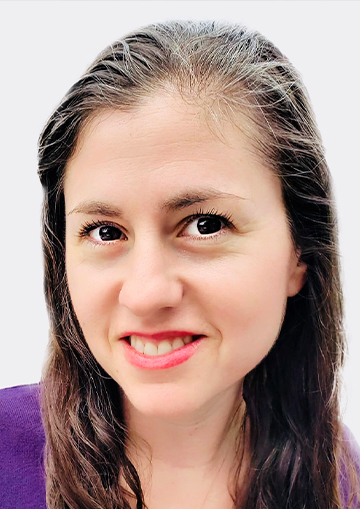
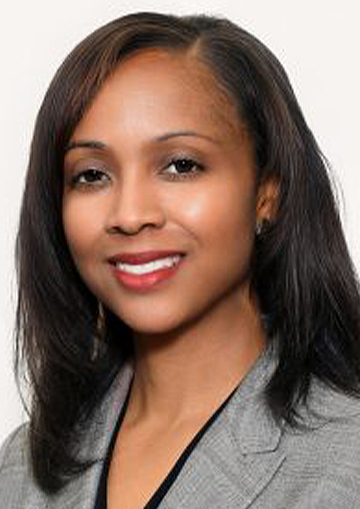
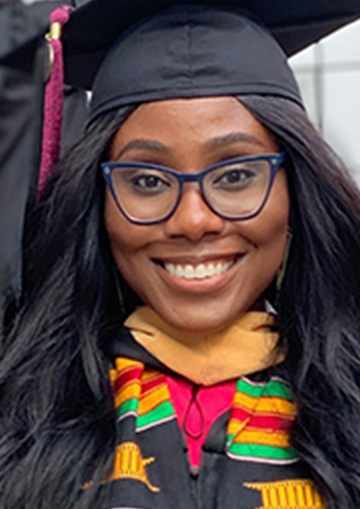
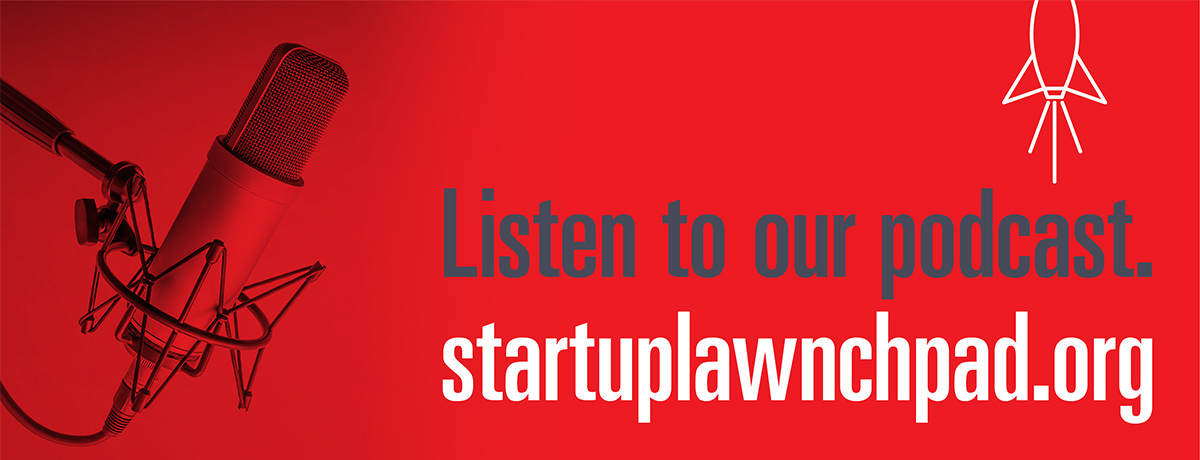
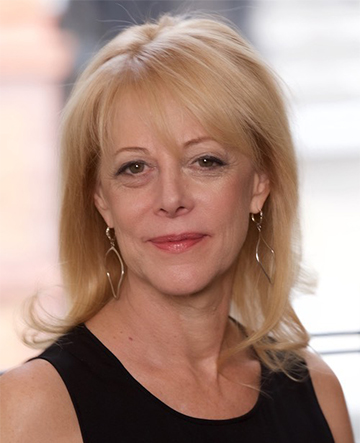
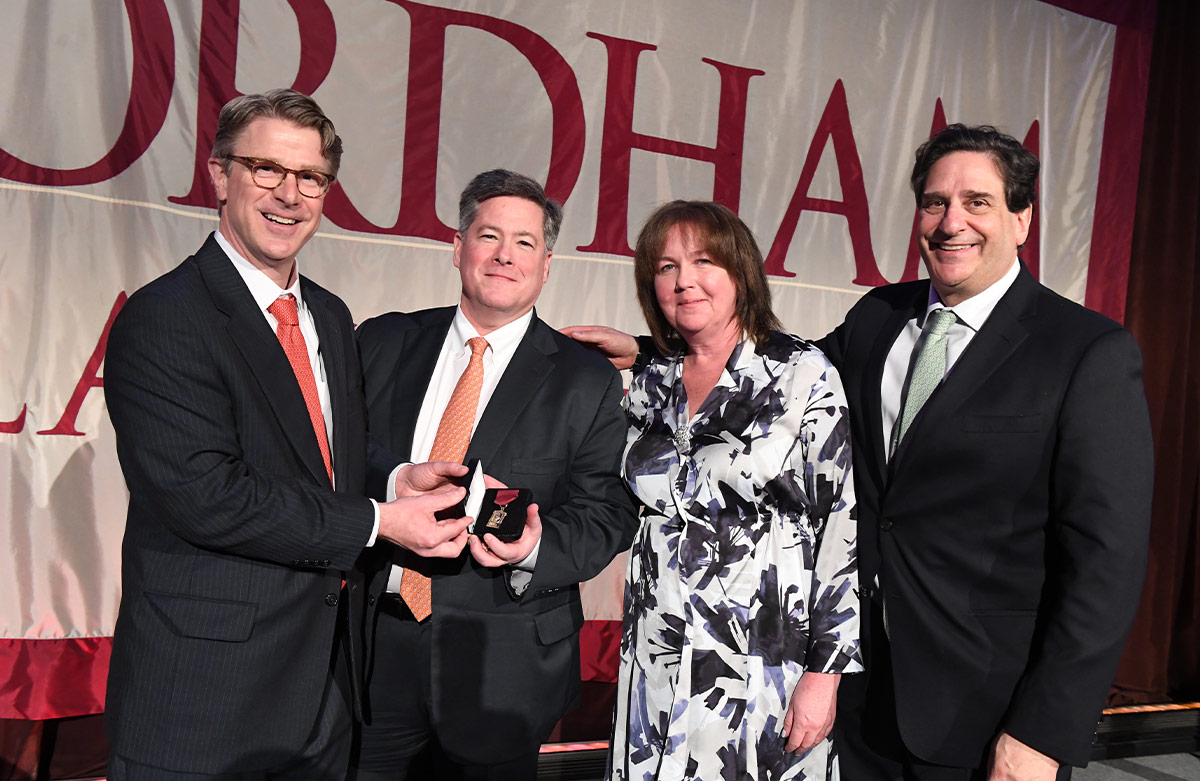
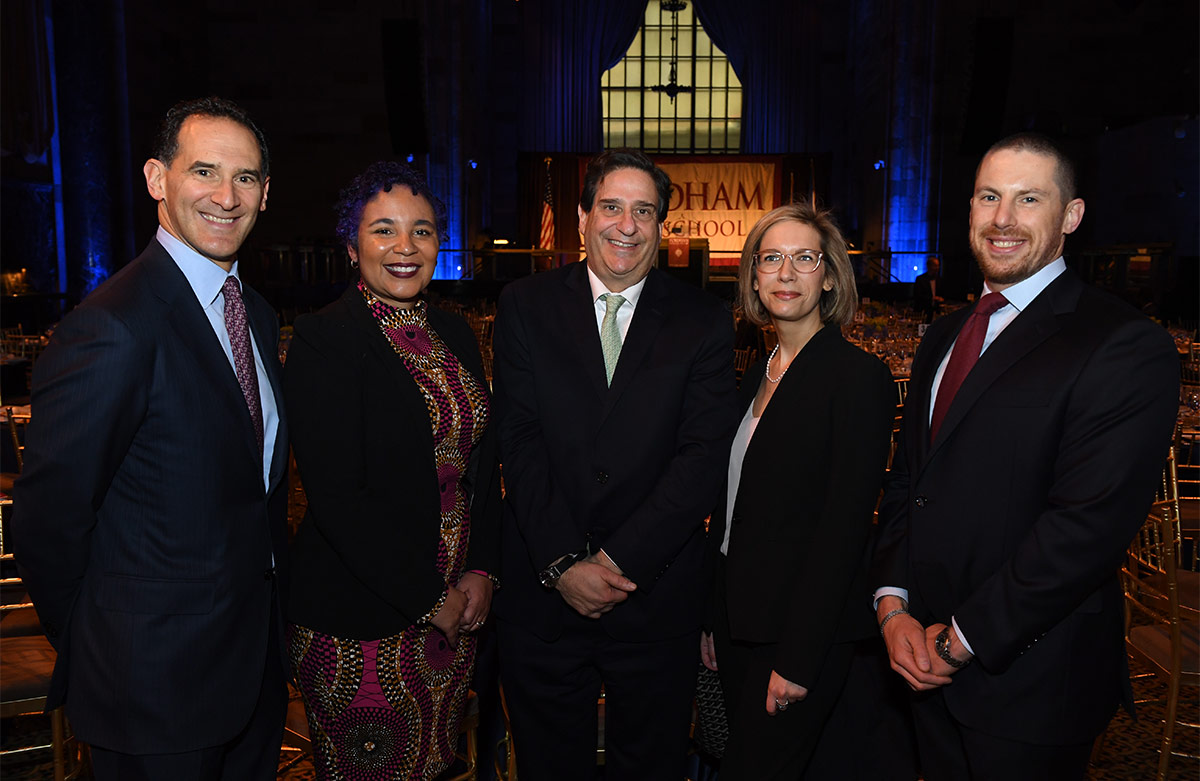
On March 6 at the 71st Fordham Law Alumni Association (FLAA) Luncheon, Michael K. Stanton, Jr. ’86 was awarded the Medal of Achievement—the highest and most significant recognition bestowed by the Alumni Association. Stanton, a partner with Ferguson Cohen LLP, became a founding member of the “Young Alumni Committee” (now the Recent Graduates Committee); has served on the FLAA board of directors since March 2005; and served on the Dean Search Committee, which resulted in Matthew Diller returning to the Law School as dean in the fall of 2015. “I remember the warmth and hospitality that he extended to me as I was coming in, as well as the tremendous help he provided in that transition as I was still feeling my way forward,” Diller said. In his remarks, Stanton told the audience: “We continue today what has been transmitted to us by our predecessors, mindful always of the value of taking what has been given to us and building on that gift—that is to begin new legacies that continue to value what is uniquely Fordham.”
Rising Star Awards, which recognize the achievements of alumni in three distinct fields who have graduated within the past 15 years, were awarded to Erin Miles Cloud ’11; Lee Jason Goldberg ’08; and Lauren K. Handelsman ’06. E. Carter Corriston, Sr. ’60 was also posthumously honored with the Milton Fischer ’42 Second Harvest Award for making exceptional contributions to the legal profession and to society. His wife Barbara, son Kevin, and Corriston’s granddaughter Colleen ’15 accepted the award on his behalf.
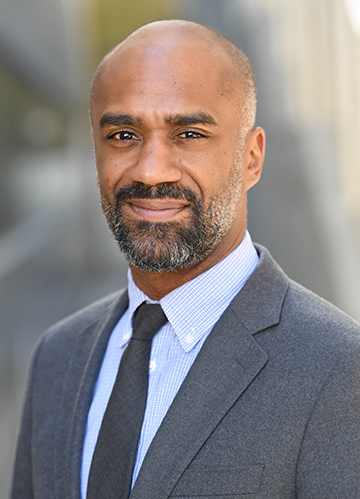
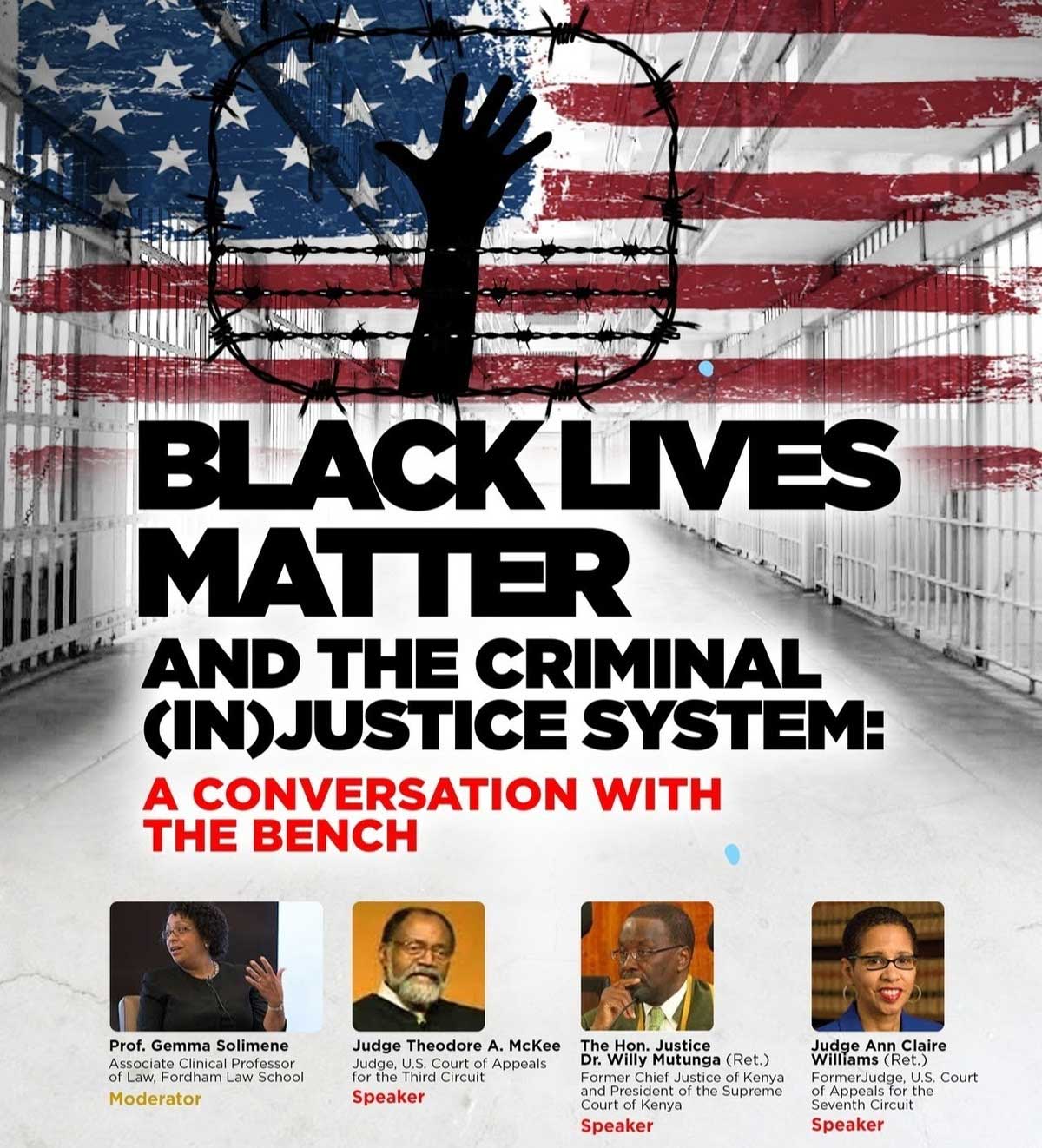
This past spring and summer, three virtual events sponsored by the Leitner Center for International Law and Justice highlighted the ramifications of the Black Lives Matter movement for the U.S.—and the world.
On June 10, “Black Lives Matter: Protest, Police Violence, and the Pandemic” featured Professor Catherine Powell, who spoke with Gay McDougall, a distinguished scholar in residence at the Leitner Center and the Center on Race, Law and Justice, and Professor Bennett Capers, the new director of the Center on Race, Law and Justice. The three discussed the nationwide protests in the wake of George Floyd’s killing. “I think what’s different now is … the diversity of the protestors, and the fact that it’s gone international,” said Capers.
Then, on June 17, the Leitner Center, the Center on Race, Law and Justice, and the Black Law Students Association invited Judge Theodore A. McKee, the fourth African American to sit on the Third Circuit’s U.S. Court of Appeals; Judge Ann Claire Williams, the first woman of color to serve on any district court in the Seventh Circuit and the third African American woman to serve on any federal circuit court; and the Honorable Justice Dr. Willy Mutunga, former chief justice and president of the Supreme Court of Kenya for an online discussion with more than 300 participants entitled “Black Lives Matter and the Criminal (In)Justice System: A Conversation with the Bench.” Clinical Associate Professor of Law Gemma Solimene moderated. “I was angry and sad that those eight minutes, 46 seconds played out in front of us and in front of the world,” said Judge Williams. “But what was stunning to me was the uniform condemnation of what had happened to George Floyd. The blinders have been taken off.”
Finally, on June 29, Sheila Foster, professor of law and public policy at Georgetown Law School and the McCourt School of Public Policy; Bennett Capers; Gay McDougall, distinguished scholar in residence at the Leitner Center and the Center on Race, Law and Justice; and the Honorable Justice Dr. Willy Mutunga reflected on structural and systemic racism here and how the protest movement has resonated globally in a webinar entitled “Black Lives Matter: Racism in America and Its Implications for Africa.” Kofi Abotsi, dean of the faculty of law at University of Professional Studies, Accra (UPSA) moderated. “To the extent that African leaders see the crisis of race relations in the U.S. as a by-product of entrenched poverty disproportionately suffered by people of one identity or ethnic group—that is like looking in a mirror at similar problems that have plagued many African countries,” said McDougall.
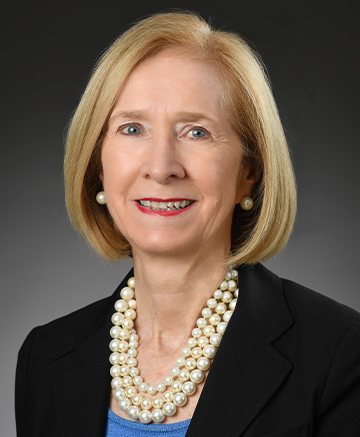
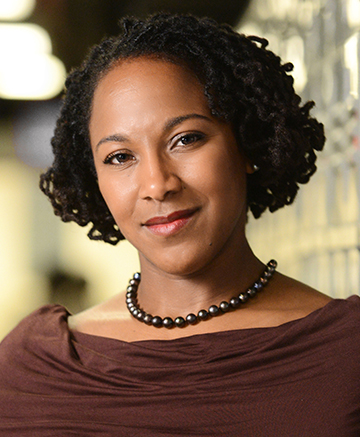
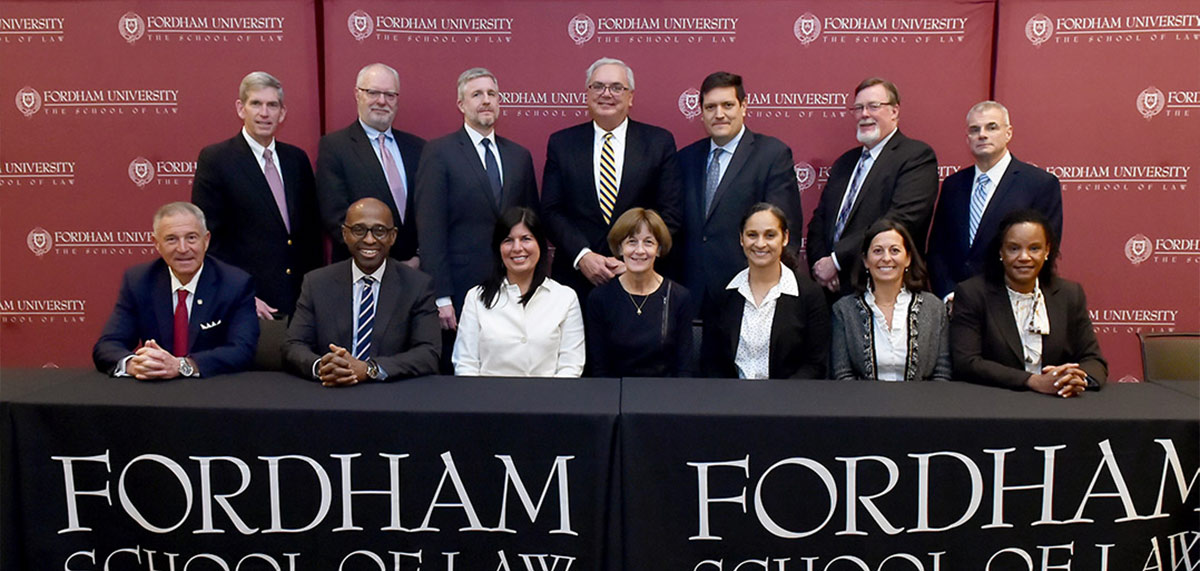
The Center for Judicial Events and Clerkships (CJEC), while only just marking its first anniversary and despite the disruption of COVID-19, is already expanding judicial engagement at the Law School. The Center’s mission houses the intertwined goals of developing innovative initiatives designed to engage members of the judiciary in the life of our School and enhancing the support for our students and alumni pursuing clerkships. Throughout the year, the CJEC hosts a series of programs and events welcoming judges and clerks in collaboration with other centers, faculty, and student organizations that provides unique engagement opportunities for students to gain firsthand exposure to federal and state court judges and the judicial process in formal and informal settings. Key judicial engagement initiatives include the Center’s Jurist in Residence, Courts in Residence, and View from Chambers programs.
Back in early March, just days before the pandemic caused classes to convert to remote learning, a host of federal judges visited campus for a multi-day event dubbed “Judges Week,” including the CJEC’s inaugural Jurist in Residence and Judges Day in Residence events. From small discussions with judges and students to classes co-taught by visiting jurists, the entire Law School community had the opportunity to benefit from the jurists’ experience and insights.
The event kicked off with a daylong visit on March 3 by the Honorable Jeffrey S. Sutton, U.S. Court of Appeals for the Sixth Circuit, as Fordham Law’s first Jurist in Residence. He conducted a group session with students, co-taught Civil Procedure, and ultimately delivered a lecture entitled “51 Imperfect Solutions: The Role of States in Protecting Individual Rights.”
The following day, the CJEC welcomed 17 circuit, district, magistrate, and bankruptcy judges from the Third Circuit Court of Appeals and the District of New Jersey. Participating judges included: Circuit Court Judges Joseph Greenaway, Paul Matey, and Patty Shwartz; District Court Judges Claire Cecchi ’89, Brian Martinotti, and Peter Sheridan; Magistrate Judges Douglas Arpert, Joseph Dickson, Mark Falk, Joel Schneider, Cathy Waldor, Leda Dunn Wettre ’93, and Karen Williams; and Bankruptcy Court Judges Andrew Altenburg, Stacey Meisel, Vincent Papalia ’84, and Jerrold Poslusny Jr.
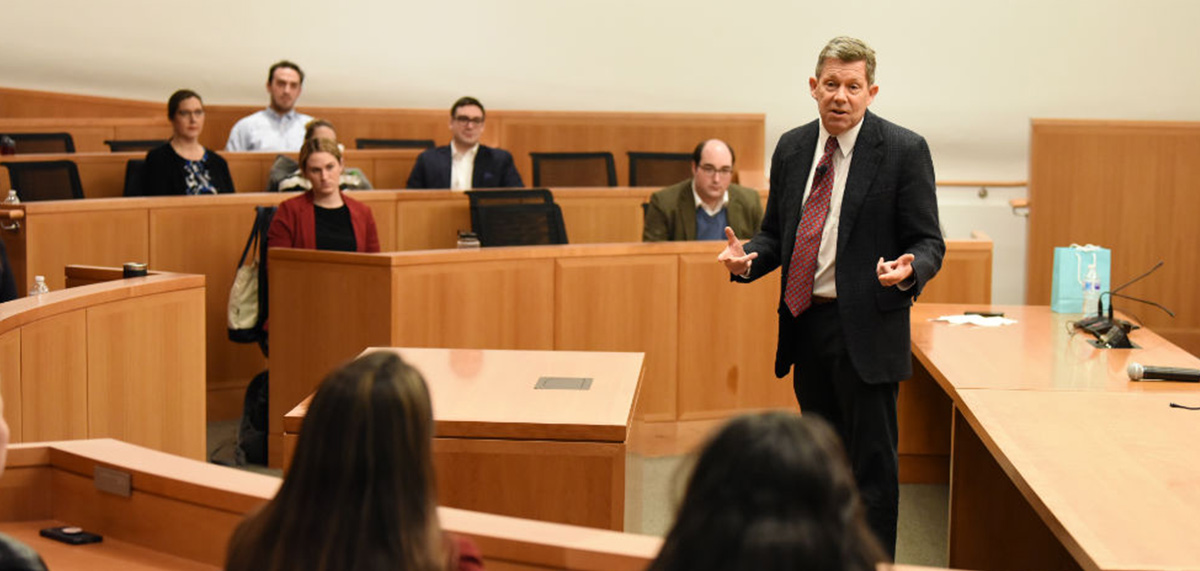
The judges joined faculty in 13 different classes ranging from complex litigation to U.S. Constitutional History. “We are incredibly fortunate to have such a wonderful cohort of judges—both alumni and friends of Fordham—at the state and federal levels to draw upon for guidance,” said Assistant Dean Suzanne M. Endrizzi ’96. The final event was a Town Hall–style discussion moderated by Daniel J. Capra, Reed Professor of Law and faculty director of the CJEC. The judges explained each of their distinct roles, the work of the court, and seminal cases and concluded by offering practical advice to students for succeeding in a clerkship and in the legal field.
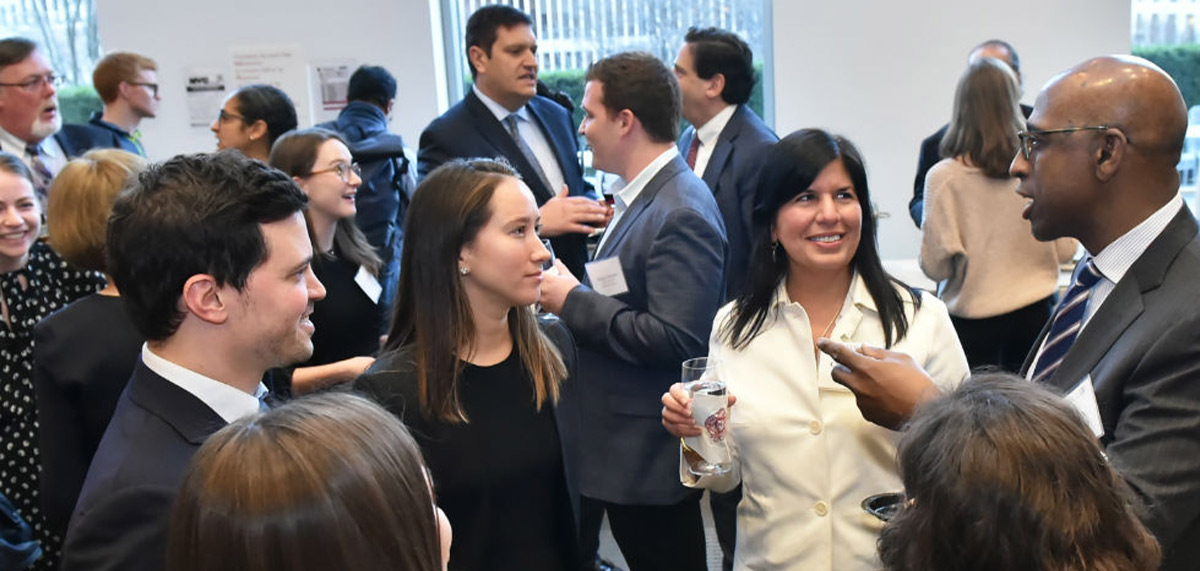
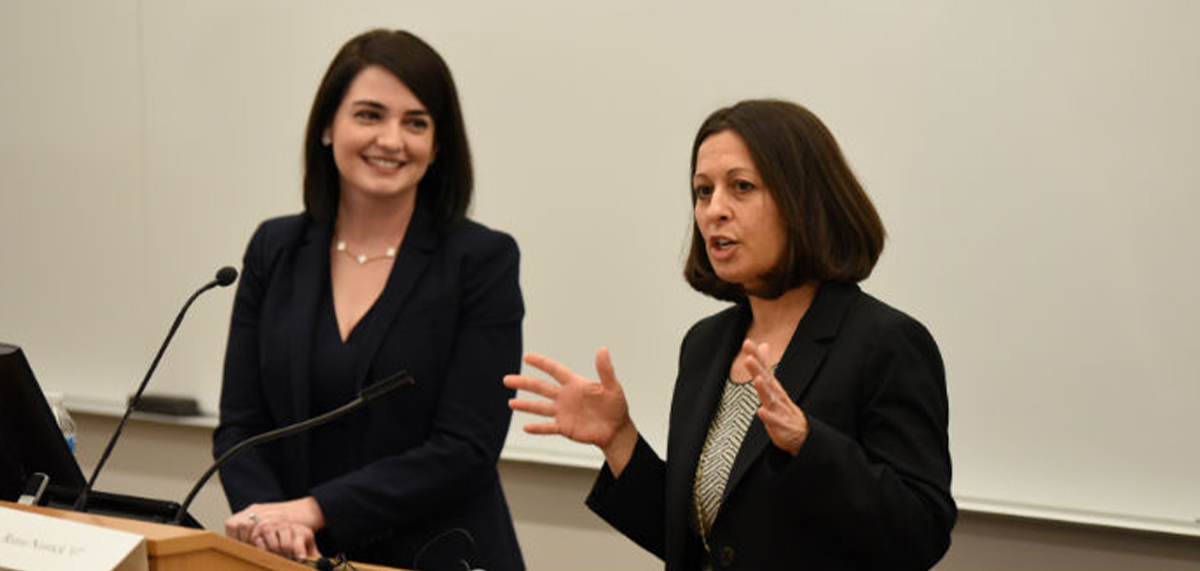
A few weeks earlier, in February, the CJEC launched “View from Chambers” as part of its judicial engagement through education initiative. Magistrate Judge Leda Dunn Wettre ’93 from the District of New Jersey spoke to an enthusiastic crowd of law students about the role of magistrate judges in the court system and the particularities within her district. In her lecture, Judge Wettre also provided advice to would-be clerks and emphasized how a clerkship can shape lawyers, saying, “You can tell the difference between people who have clerked and those who haven’t by what they submit to the court.”
Wettre also credited the strength of the Fordham Law network with being instrumental in developing her career. In particular, she pointed out Professor Michael W. Martin ’92, who encouraged her to apply to clerk for the Hon. John F. Keenan ’54. Reflecting on her career, Judge Wettre noted that the experience clerking for Keenan is what eventually inspired her to ascend to the bench after working for many years as a civil litigator. “We have a long tradition of Fordham Law clerks in magistrate chambers,” said Professor Daniel Capra, “and look forward to increasing our magistrate clerk roster across districts nationally.” Subsequent “View from Chambers” talks will feature judges from different types of courts at the state and federal levels.
And on February 12, the CJEC launched its first-generation initiative with “First to the Bench: A Discussion with First Generation Judges on the Federal and State Courts.” Judge Denny Chin ’78 of the U.S. Court of Appeals for the Second Circuit and Justice Maria Araujo Kahn ’89 of the Connecticut Supreme Court shared their unique perspective as immigrants, speaking about their experiences as immigrants, first-generation lawyers, judicial clerks, and now judges. Both talked about language barriers and the lack of guidance they received from their parents while attending law school and pursuing legal careers.
The CJEC developed its first-generation initiative in close partnership and collaboration with the First Generation Law student group (F1GS). For this first event, two student board members—Kevin Lopez ’21 and Gregory Toma ’21—facilitated the discussion. Judge Chin, who has been teaching legal writing at Fordham Law since 1986, told students: “If you’re handing in a draft brief, don’t think of it as a draft that the partner is going to edit and give back to you. I don’t want to spend my time correcting typos and cleaning up awkward sentences; I would like to focus on more important things like what is the opinion saying and is the reasoning good.”
Justice Kahn, who was the first recipient of the Noreen E. McNamara Memorial Scholarship, said the Law School’s commitment to academic excellence helped her become the person she is today. “I had professors who thought I did well enough in their classes and were looking out for me,” she recalled.
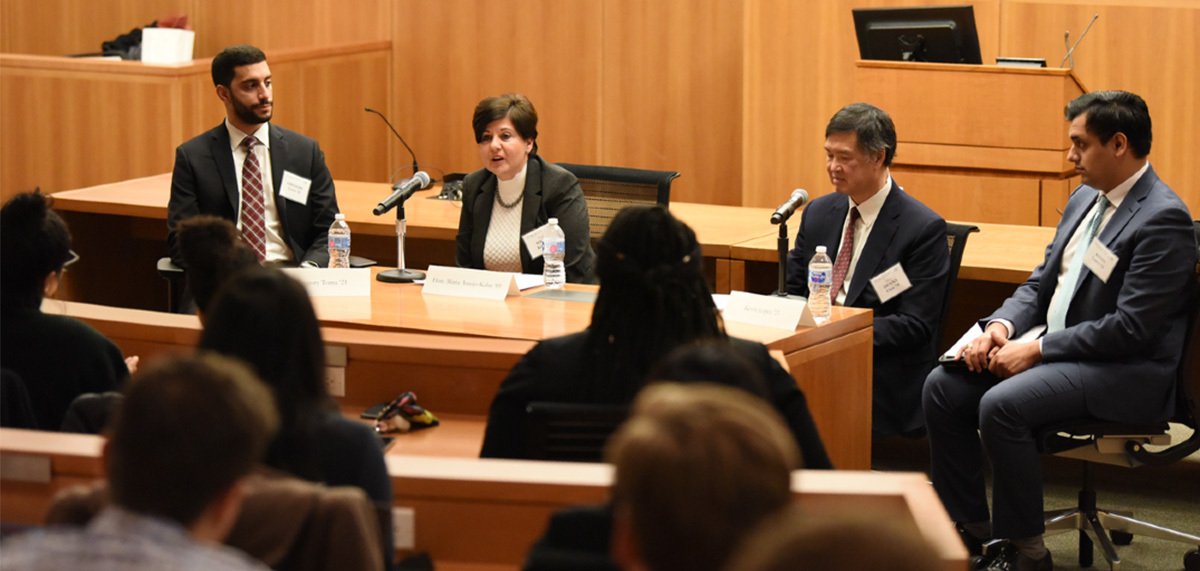
In developing this first-generation initiative, the CJEC recognized the importance of reaching beyond the current Law School student body and collaborated with Student Affairs, to host a pre-event informal chat with the Judges and F1GS leaders with IDEAL students, a group of 10 first-generation pre-law students that Fordham Law is mentoring and supporting throughout the year (see story). “As we create a vibrant clerk network … we want to ensure we are building communities of support,” said Endrizzi. “Developing a community for our first-generation students, alumni, and judges is paramount.” Added Professor Capra: “At times, the support structure isn’t always obvious. This first-generation initiative creates a community that is visible and welcoming.”
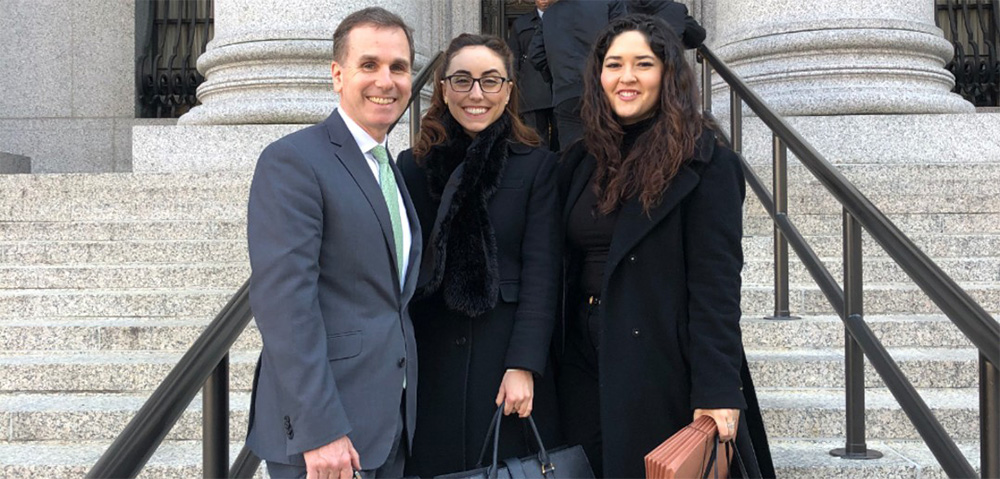
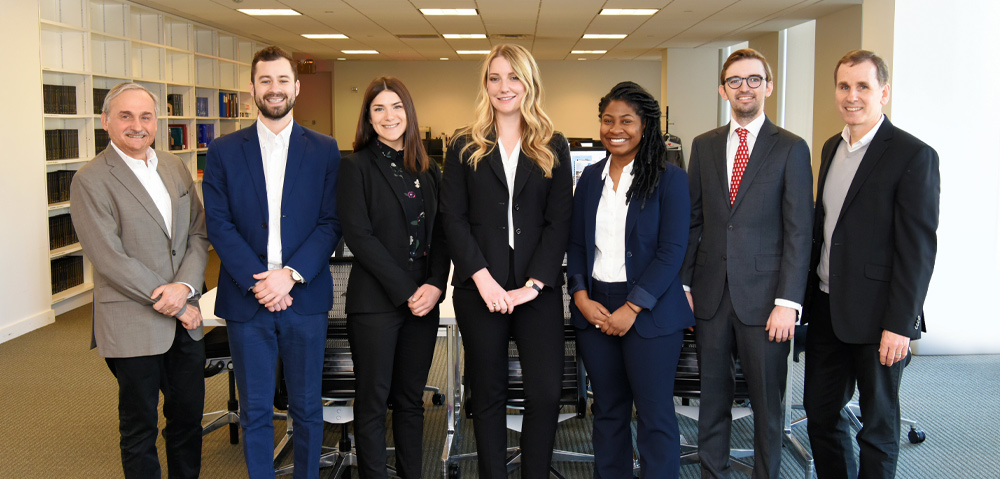
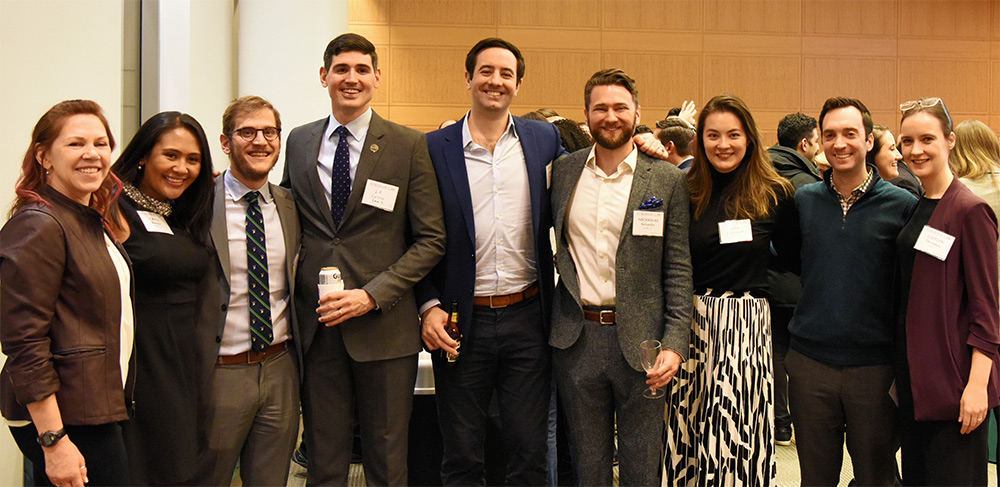
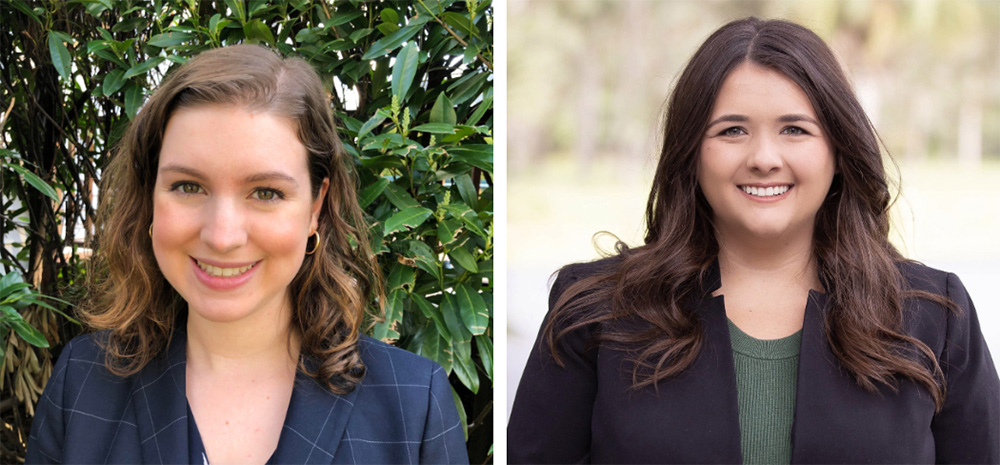
Tracy’s fellowship is at The Door, where she will work with Spanish-speaking immigrant youth who are survivors of trafficking or gender-based violence. She says that her two visits to help asylum-seeking families in the South Texas Family Residential Center, with the Feerick Center for Social Justice and Immigration Advocacy Project, were transformative. “I participated in one of the service trips to Dilley, Texas, and I witnessed a lot of the terrible things happening in detention centers near the border. That experience reminded me why I went to law school.”
Clinger is working with The Legal Aid Society’s Juvenile Rights Practice, assisting juveniles and adults with delinquency charges. “Part of my job is counseling individuals on their juvenile records–related rights and what they don’t have to disclose, whether to an employer, a police officer, or whomever,” said Clinger. Legal Aid’s approach to client support was a highlight of Clinger’s past work with the organization during summers. “I just love talking to people, hearing their stories, and advocating with them standing there right beside me.”
Rosenbaum was the child of immigrants and the first in her family to attend law school. Friedman hopes the fellowship can help other first-generation law students, as well as students working on issues like voting rights and immigration, which “our family cares about very much.”
There must have been challenges for a Jewish woman in law school in the 1920s, says Friedman. “But my grandmother was not the kind of person who would’ve been intimidated. She would’ve been lively, sometimes feisty.”
According to family lore, Friedman’s great-grandmother encouraged Rosenbaum to attend law school because she thought it would be a good place to meet a husband. “She ended up marrying a bellboy instead,” Friedman shares. A partner in the Washington, D.C., office of O’Melveny & Myers, whose clients have included the government of Puerto Rico, Friedman says his legal career has been “very public service–oriented in private practice.” He hopes the fellowship can help a Fordham student “for whom it might be more of a financial barrier” to do public interest work.
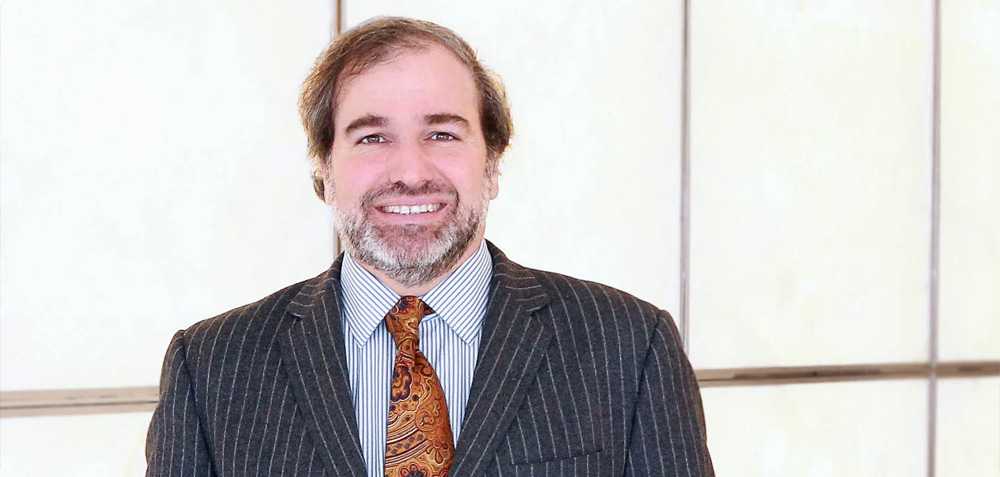
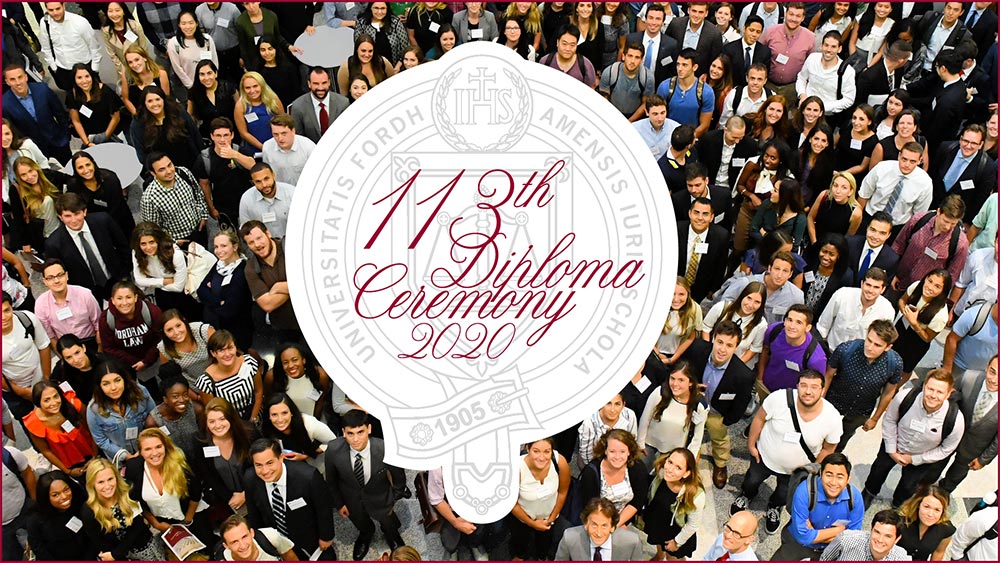
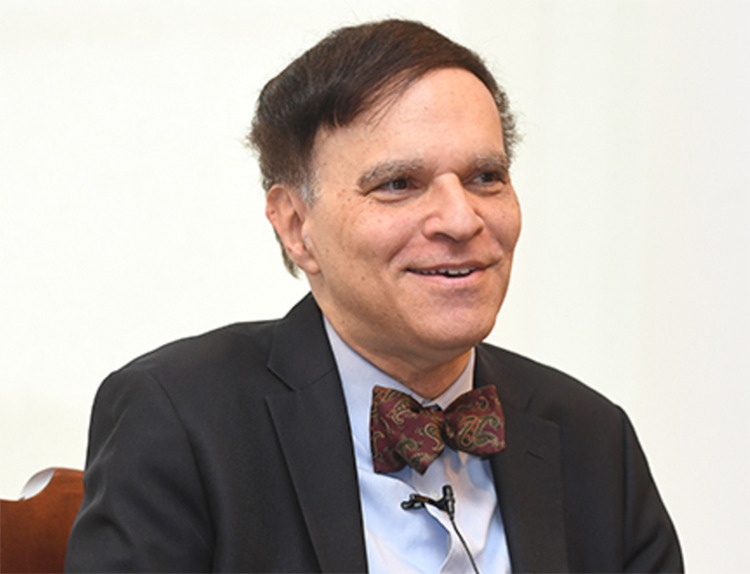
Vice President of the Student Bar Association Deanna R. Cohen then presented the award for Adjunct Teacher of the Year to Professor Paula Franzese, who echoed Dean Diller’s sentiments on the social and economic disparities laid bare by the pandemic. “You will enter the immense chasm between what is and what needs to be with the fortitude of heart … the strength of your spirit, and the mightiness of your beautiful intellects,” she told students, cautioning them to remain optimistic, especially in our current climate. “In a world fraught with uncertainty, remember that you remain in charge of two things: your focus … and how you treat others.”
Professor Daniel Capra followed Franzese, presenting a host of awards to graduates for their academic achievements, moot court victories, and service. In his remarks, Diller noted that the ceremony was marked by the absence of two members of the class of 2020, William Jones and Michael Aaronson, both of whom passed away before completing their J.D. degrees.
Additionally, two pillars of the Fordham faculty were lost during the 2019–20 academic year: Professor Joel Reidenberg and Laurence Abraham, head of Instructional Services at the Maloney Law Library. Both were honored posthumously with the Eugene J. Keefe Award for service to Fordham Law School. In his remarks, Professor Olivier Sylvain praised Reidenberg as an innovative legal scholar. “One of the more heart-wrenching things about his passing is that he has not been able to comment and engage on our current policy debates about information law and policy. He would have a lot to say about Zoom … We are the worse for his passing.”
Members of the faculty also recorded video well-wishes and advice to the graduates, including a humorous and heartfelt poetic send-off from the clinic faculty, followed by the announcement of the names of the 565 graduates. In lieu of decorated graduation caps, students submitted photos and messages, projecting—along with the 113th annual diploma ceremony itself—a message of resilience, optimism, and hope.
Seventeen law students conducted nearly 40 interviews with experts and policymakers to produce the reports, including one that focuses on protecting the Department of Justice from improper political interference; another that advances reforms for a scenario where a president becomes physically or mentally unable to carry out the office’s responsibilities; and two more addressing ethics and transparency issues, including requiring presidential candidates to release financial information and tax returns. Launched in 2018, the clinic is supervised by Professor and former Dean John D. Feerick and Visiting Clinical Professor John Rogan ’14. Feerick played a key role in crafting the Constitution’s 25th Amendment and advocated on behalf of the American Bar Association for an amendment abolishing the Electoral College. Rogan co-taught Fordham’s Presidential Succession Clinic with Feerick during the 2016–17 academic year. “There is no greater priority for our nation than raising the level of civic education of the Constitution and institutions we depend on for our way of life,” said Feerick. “The law students who wrote these reports have rendered an exemplary public service.”
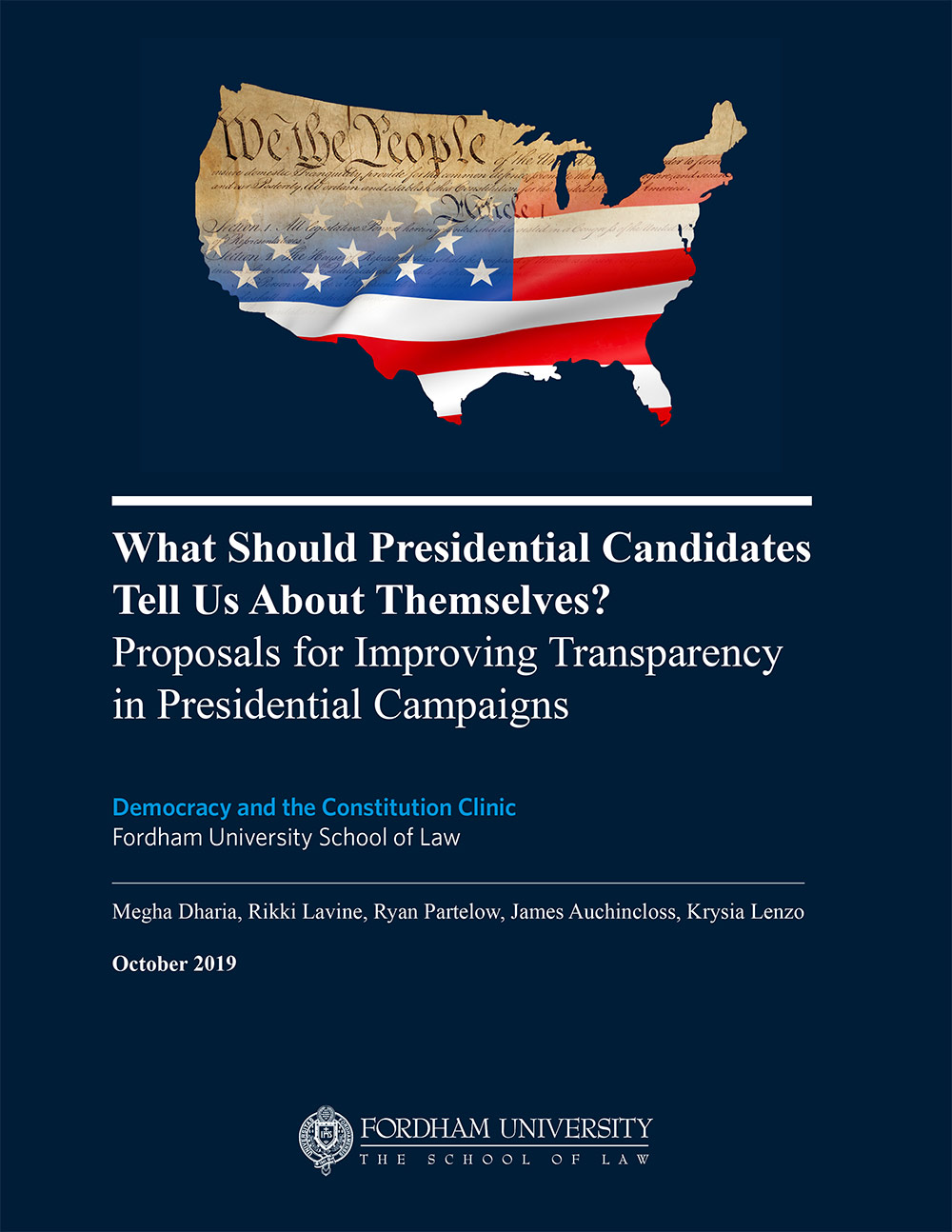
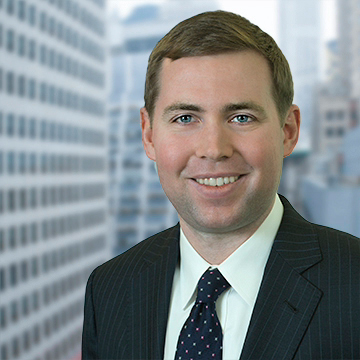

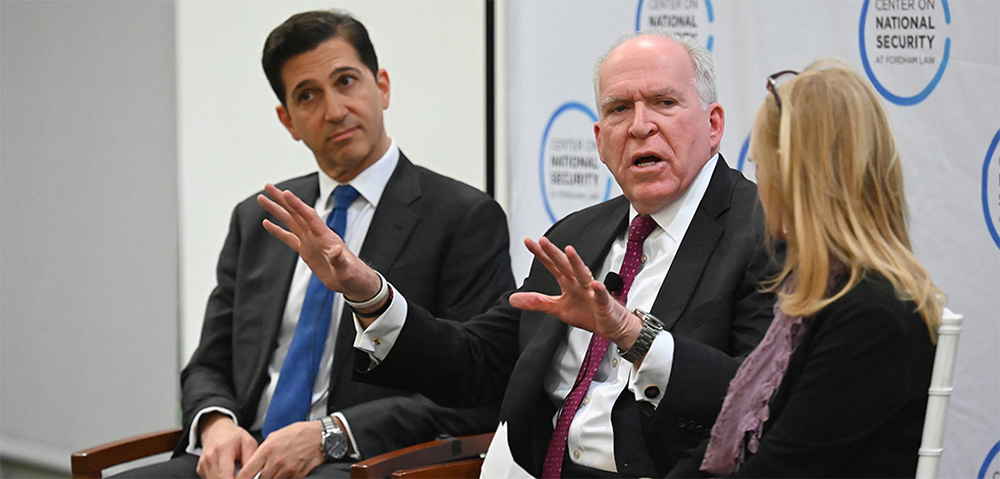
Seventeen law students conducted nearly 40 interviews with experts and policymakers to produce the reports, including one that focuses on protecting the Department of Justice from improper political interference; another that advances reforms for a scenario where a president becomes physically or mentally unable to carry out the office’s responsibilities; and two more addressing ethics and transparency issues, including requiring presidential candidates to release financial information and tax returns. Launched in 2018, the clinic is supervised by Professor and former Dean John D. Feerick and Visiting Clinical Professor John Rogan ’14. Feerick played a key role in crafting the Constitution’s 25th Amendment and advocated on behalf of the American Bar Association for an amendment abolishing the Electoral College. Rogan co-taught Fordham’s Presidential Succession Clinic with Feerick during the 2016–17 academic year. “There is no greater priority for our nation than raising the level of civic education of the Constitution and institutions we depend on for our way of life,” said Feerick. “The law students who wrote these reports have rendered an exemplary public service.”




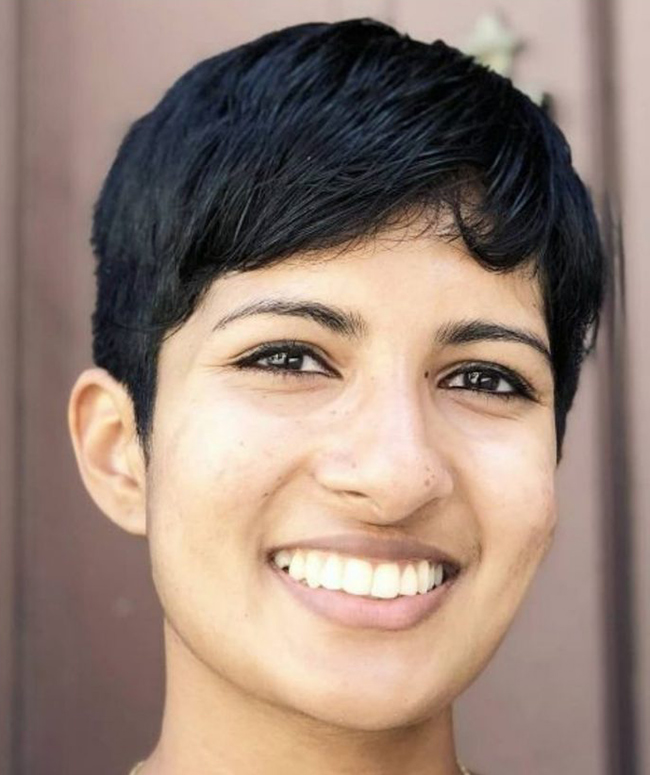
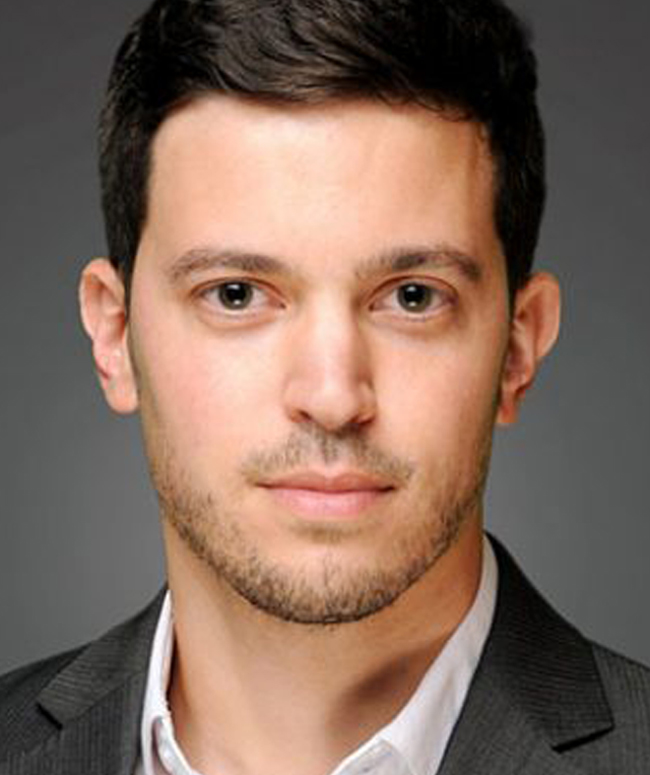
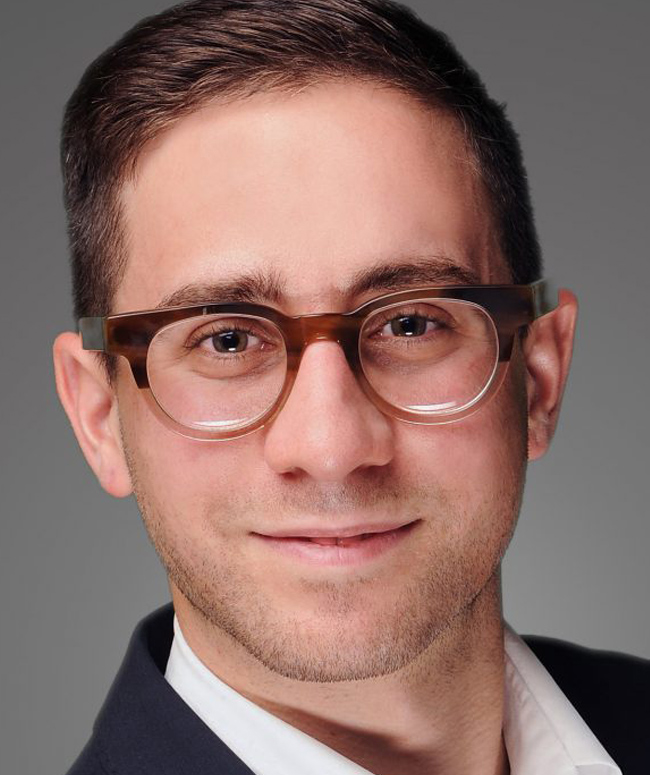
Wright’s note focused on facial recognition technology—specifically examining how private sector biometric technologies play a role in the wider legal understanding of privacy implications. “What drew me to this topic was understanding how a legal system should be developed from the ground up for a new issue that demonstrates complexity and difficulty when creating any strong legal regime,” says Wright, who is currently working as a law clerk at Katten Muchin Rosenman LLP.
